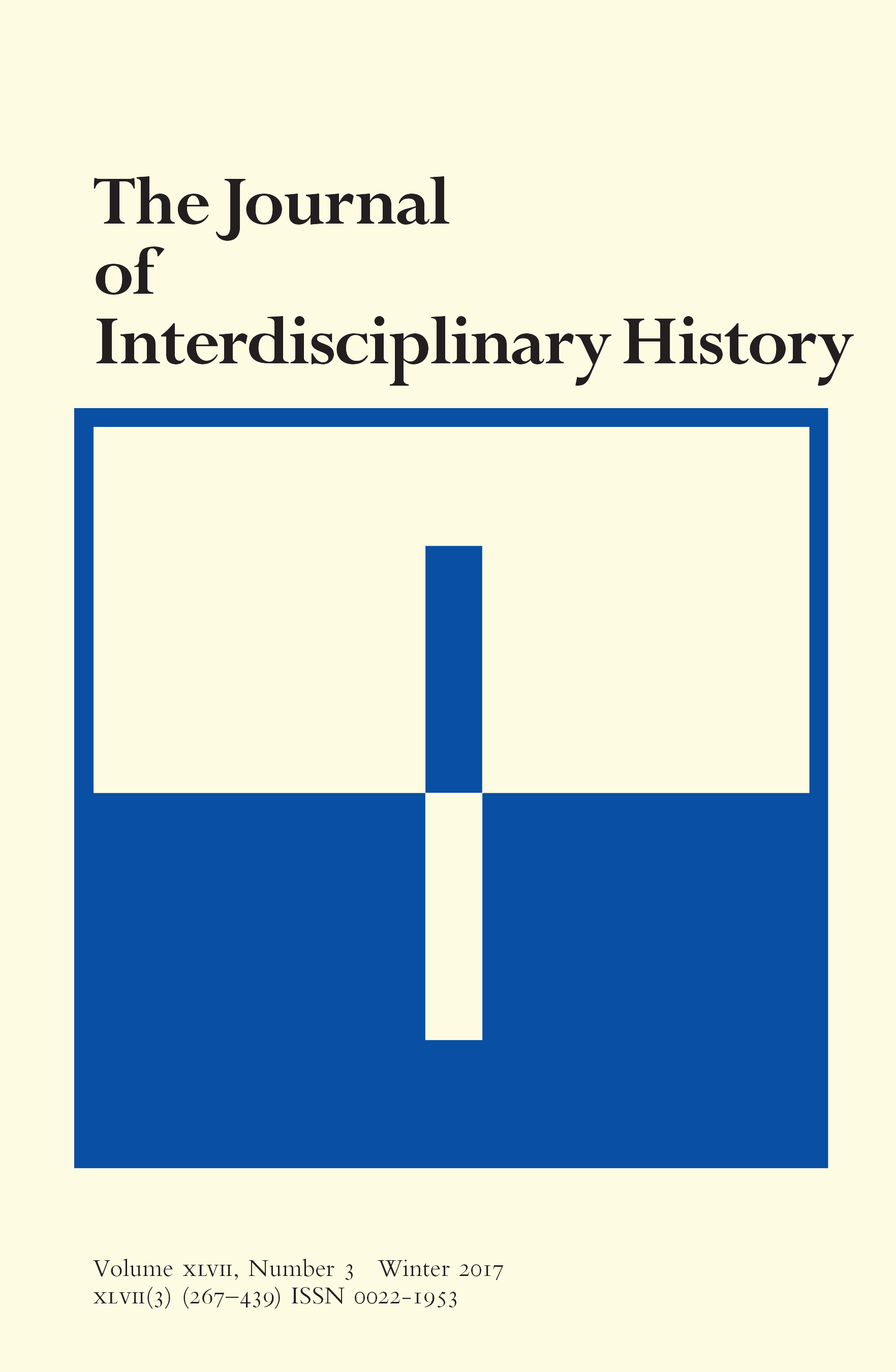Abstract
When faced with the threat of invasion by the Mongol Empire and Goreyo, its vassal state, Kamakura Japan could have followed a diplomatic course with the Mongols or formed an alliance with anti-Mongol forces on the continent. Authorities in Japan, however, rejected both options, choosing instead to fight the Mongols alone on their own soil. International-relations models fail adequately to explain Kamakura Japan’s preference for self-reliance. By contrast, Asuka Japan, when faced with a similar invasion from Tang–Silla forces in an earlier era, opted to form an alliance with Baekjae, which culminated in a battle on the continent. Despite the copious scholarly treatment of the Mongol invasion, an important question about the Mongol–Japan War remains unanswered: How and why did Kamakura Japan’s governmental structure incline it to choose defensive self-reliance rather than diplomacy or military alliance?

